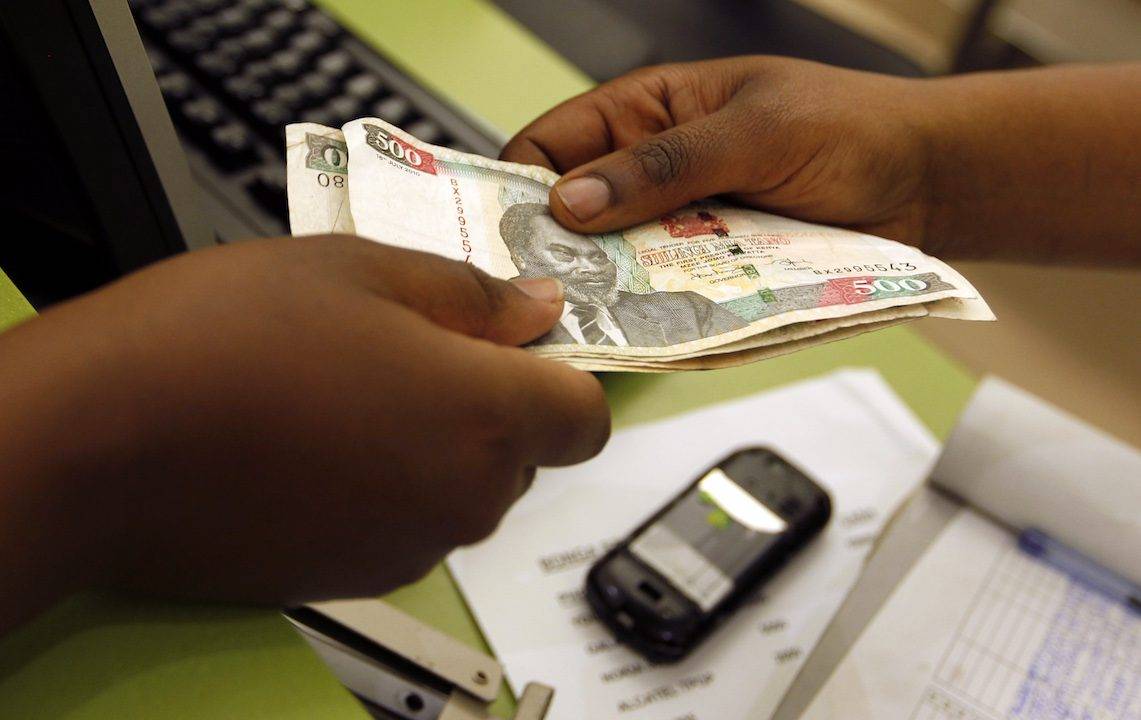Opinion: The Fractures Of Financial Inclusion Through Mobile Banking

For Kenya, the success of mobile money adoption has driven various innovation and put the country as one of the leaders of this technology. According to the Central Bank of Kenya, there are 40 million mobile money accounts in Kenya, an impressive feat.
But according to Safaricom’s, Chief Financial Services Officer, Sitoyo Lopokoiyit, the rate of mobile banking is not catching up with the pace of mobile money use, signalling barriers that have maintained the lack of financial inclusion in Kenya.
Lopokoiyit said in May this year that there are only 4 million active mobile banking accounts compared to 40 million mobile money users, discounting the idea that technology is a silver bullet for financial inclusion. Most banks have integrated their banking solutions with mobile money services, making it easy to open an account, deposit money and request for withdrawals.
But what are the hurdles that industry heads need to take heed to ensure that the train for financial inclusion takes advantage of the relevant technology available? The following are some of the issues the market cannot ignore.
Cyber insecurity deterrent
Kenya is experiencing a high rise in mobile money related to cyber insecurity incidences. More so on mobile banking platforms. The design of some of the mobile banking applications have not leaned towards security but prefer the simplicity of use.
In as much as the simplicity is great for new users, users who lose money due to badly designed applications will quit the services and become an evangelist of non-app banking.
“Apps pose a real problem for mobile users, who give them sweeping permissions, but don’t always check security,” says Riaan Badenhorst, General Manager for Kaspersky in Africa said. Most users do not take heed to check the terms and conditions or inquire how their information is kept safe.
The loss of funds through cyber hacking does deter most people from trusting digital banking means, a hurdle most African countries need to seriously consider.
The cost of mobile banking
The idea of financial inclusion is to make it easy and affordable for more users to use banking services to save and administer their resources. One look at the cost of mobile banking, it would seem the reverse is being achieved. For corporate or high earning individuals, the fees and excise tax levied on these services might be negligible.
But for those at the bottom of the pyramid, a Kshs 30 can mean a meal for the family. Most banks would charge that amount just for a bank balance check and more depending on the transaction. On top of these charges, the government in 2013 slapped an excise duty to bank charges.
The continual increase in tax in banking products either mobile has ensured that most people opt to hide their funds under their mattresses. This drives back the march to financial inclusion for these individuals. According to a report by Brookings, titled Taxing mobile phone transactions in Africa: lessons from Kenya, taxation of mobile banking excludes many from these services.
“A higher tax rate on low-level retail electronic transactions mostly levied on low-income earners that are sensitive to transaction costs may discourage the use of mobile phone-based transactions, incentivizing them to revert to cash transactions to evade taxes and so less tax revenue. This trend will deal a big blow to the financial inclusion success witnessed so far,” the report says.
Lack of education on mobile banking
Very few people in rural areas would have the knowledge of mobile banking and more so how to secure their digital assets from predators.
The FinAccess survey 2019 by the Central Bank and FSD Kenya found out that there are less formal points of information about mobile financial services than the informal ones.
The survey results show that 40 percent and 35 percent of the population relied on self and family and friends respectively, in decision making on financial issues. Only 7 percent sought information from formal institutions. The report casts a gloomy picture of how financial decision and on mobile banking are guided by a lack of information.
Education on how to use mobile banking is crucial and helps users understand how their money is treated and how mobile banking is a great tool.
Without these issues being looked at, Mobile banking will become a preview of the few while it will plough back the gains that mobile money has brought into the African economy.
Feature Image Courtesy: REUTERS/Thomas Mukoya